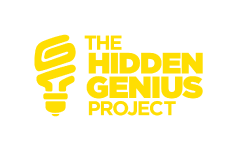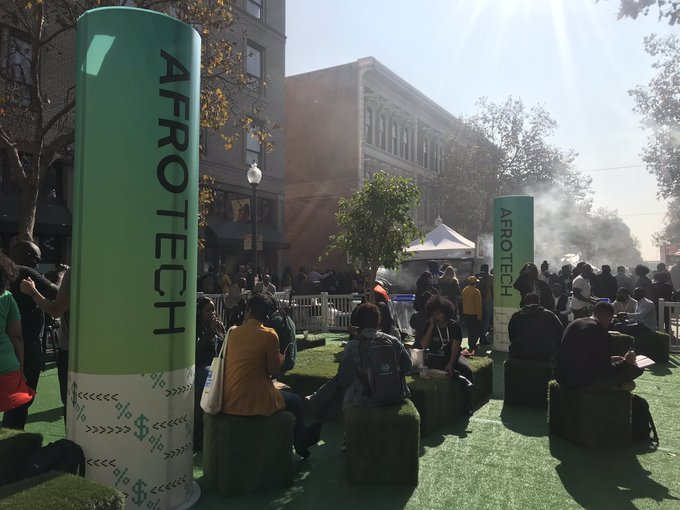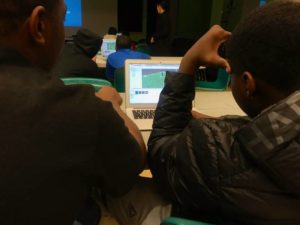By: Pendarvis Harshaw, KQED Writer
Date: November 20, 2019
It’s been two weeks since AfroTech has come and gone in Oakland, and I’m still hearing things about it—some good, and some not so good.
In fact, on Thursday, Nov. 21, The Town Experience hosts an open forum from 5:30pm–7:30pm at the Uptown in Oakland for people to share their experiences. Charlese Banks of The Town Experience is the lead organizer of the upcoming forum, which AfroTech management says they’ll use to inform next year’s conference.
“The demand for something like this was high,” says Banks. “So we’re going to have a constructive feedback session.”
That’s good, because for the past few days, the conversation has been living rent-free inside of my head.
The conference, which aims to connect the black community with the tech industry, was a beautiful gathering with thousands of people in attendance. Students from local schools were represented, Congresswoman Barabra Lee was honored for her work and Bernard J. Tyson, the first African American chief executive officer of Kaiser Permanente, spoke just hours before he passed in his sleep.
On the streets just outside of the conference, brown-skinned women in yellow blazers with long curly locs walked past dark-skinned men in collard shirts with deep waves. I hadn’t seen that many black folks concentrated at one spot in Oakland since BBQ’n While Black. Walking around at night, I saw groups of black folks trickling into a private event at Plank in Jack London Square, packed house-party-style inside of Miss Ollies in Old Oakland and circled-up at the bar inside of 7th West.
On Thursday, before the official start of the conference, I stopped by the West Oakland Youth Center, where folks from the David Glover Emerging Technology Center and The Hidden Genius Project had teamed up with the Fam1st Family Foundation to hold a coding workshop for a bouncy group of preteen boys and girls, all of them African American.
“We’re here doing this all the time,” said Akeem Brown, Program Director with The Hidden Genius Project. They meet there regularly, every Tuesday and Thursday, AfroTech or not.
It was like a sitcom the way he finished his sentence and not even a minute later, a guy named Tony walked in the youth center—black luggage bag on wheels in tow—fresh off the airplane from Los Angeles. He said he was in town for the conference, and wanted to apply for a job with the Hidden Genius Project.
And so the conference was a job fair, technical workshop and family reunion all in one. As The Hidden Genius Project’s Executive Director Brandon Nicholson told me, “It’s just like Howard Homecoming.”
I could see that.
The black working class and middle class, coming together to strive for further upward mobility and simultaneously celebrate black excellence… all while some disenfranchised locals feel overlooked. That’s how it was when I was at Howard University. That’s how some felt about AfroTech.
Despite the free community stage and open workshops, it was the closed sessions, private clubs and $450 conference ticket price that left a number of people feeling like it wasn’t for them.
Click HERE to read the full article.




